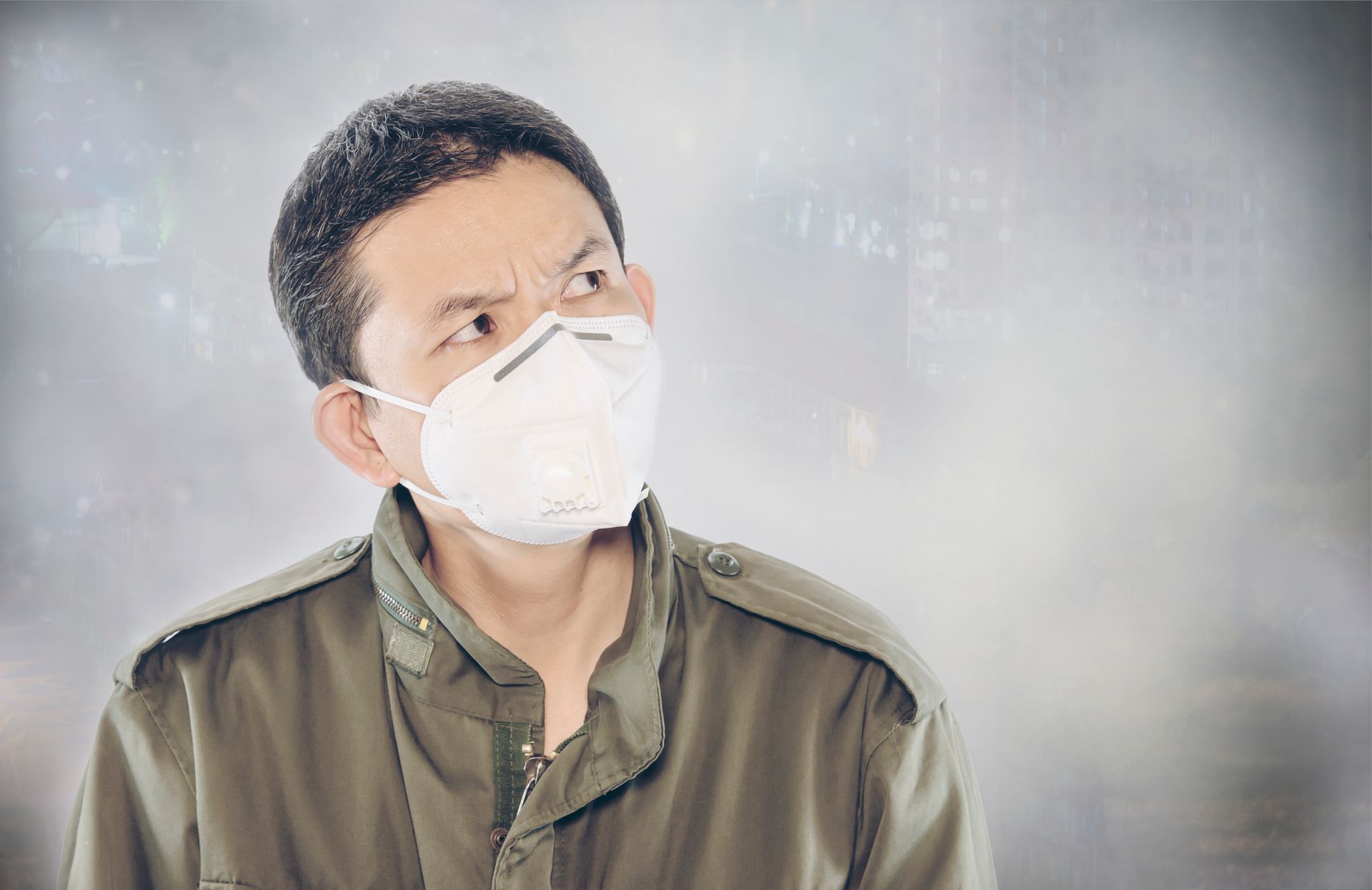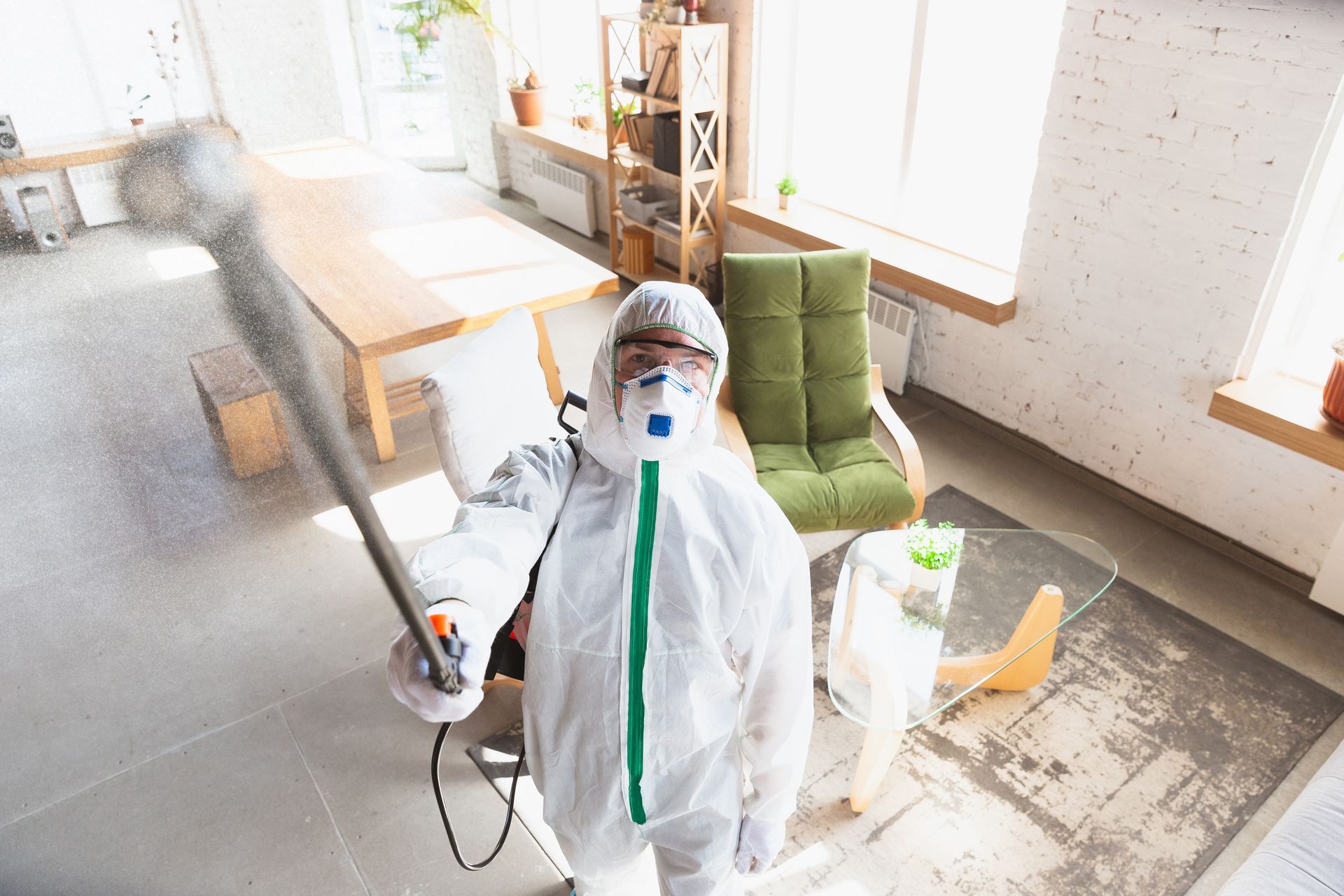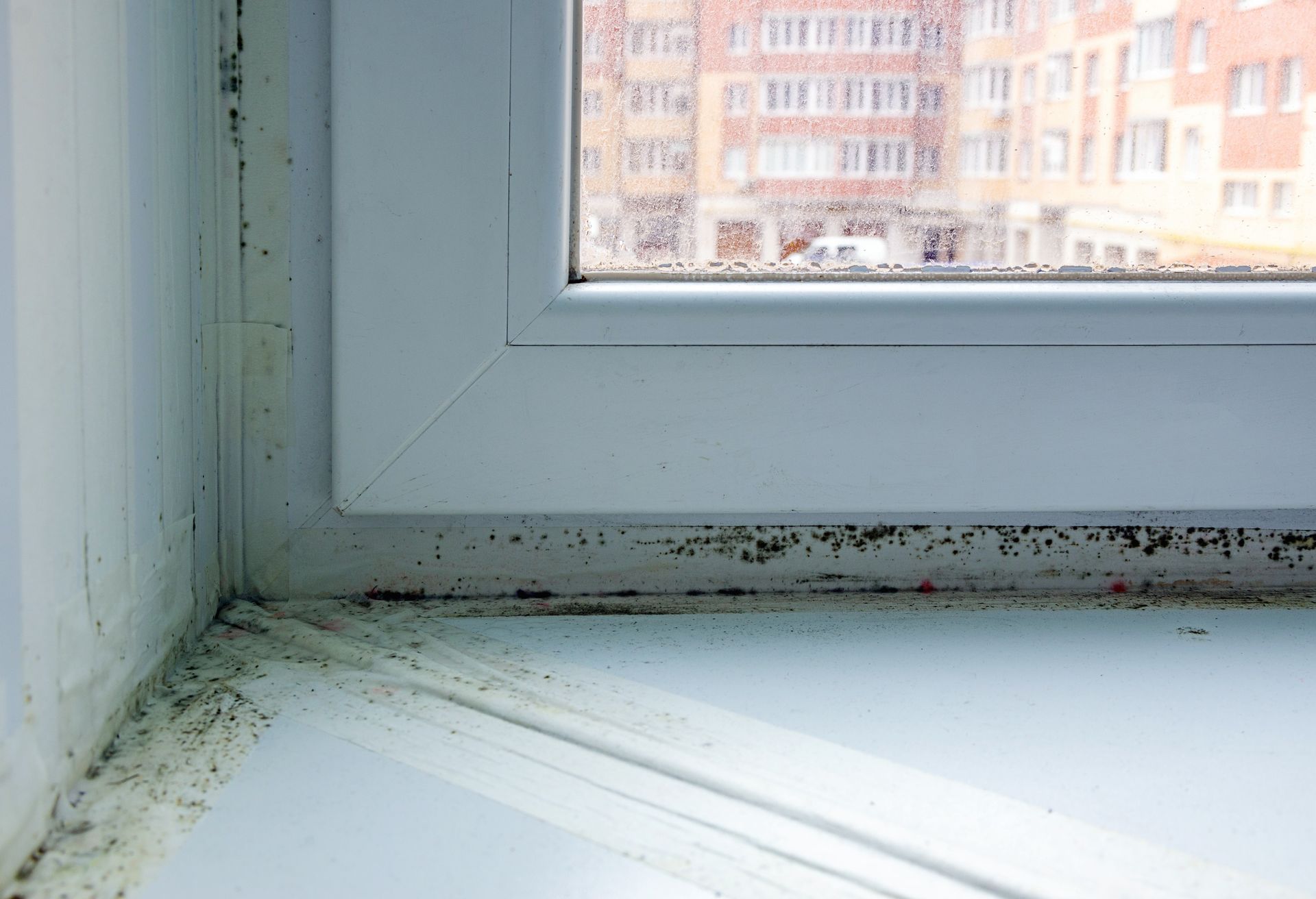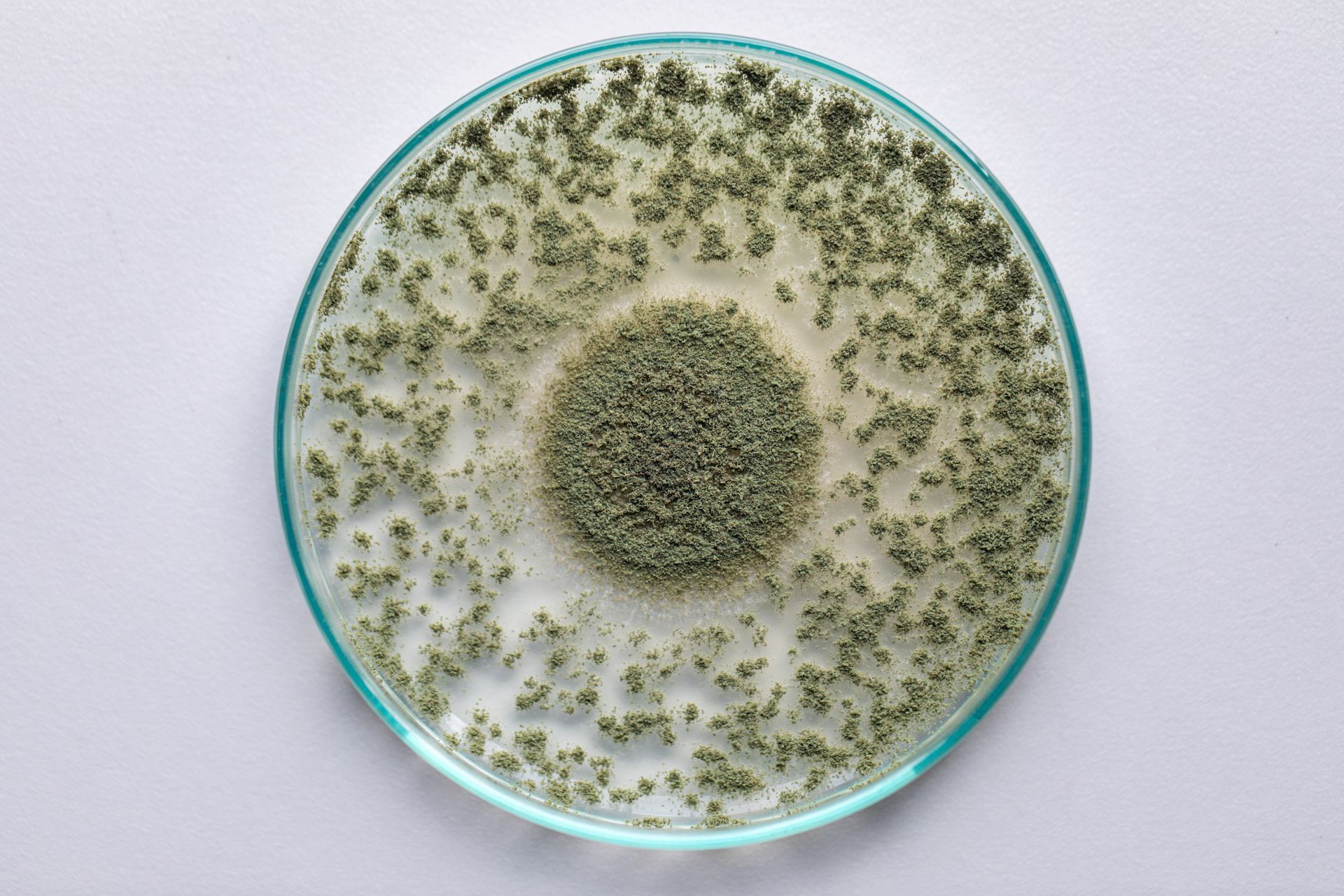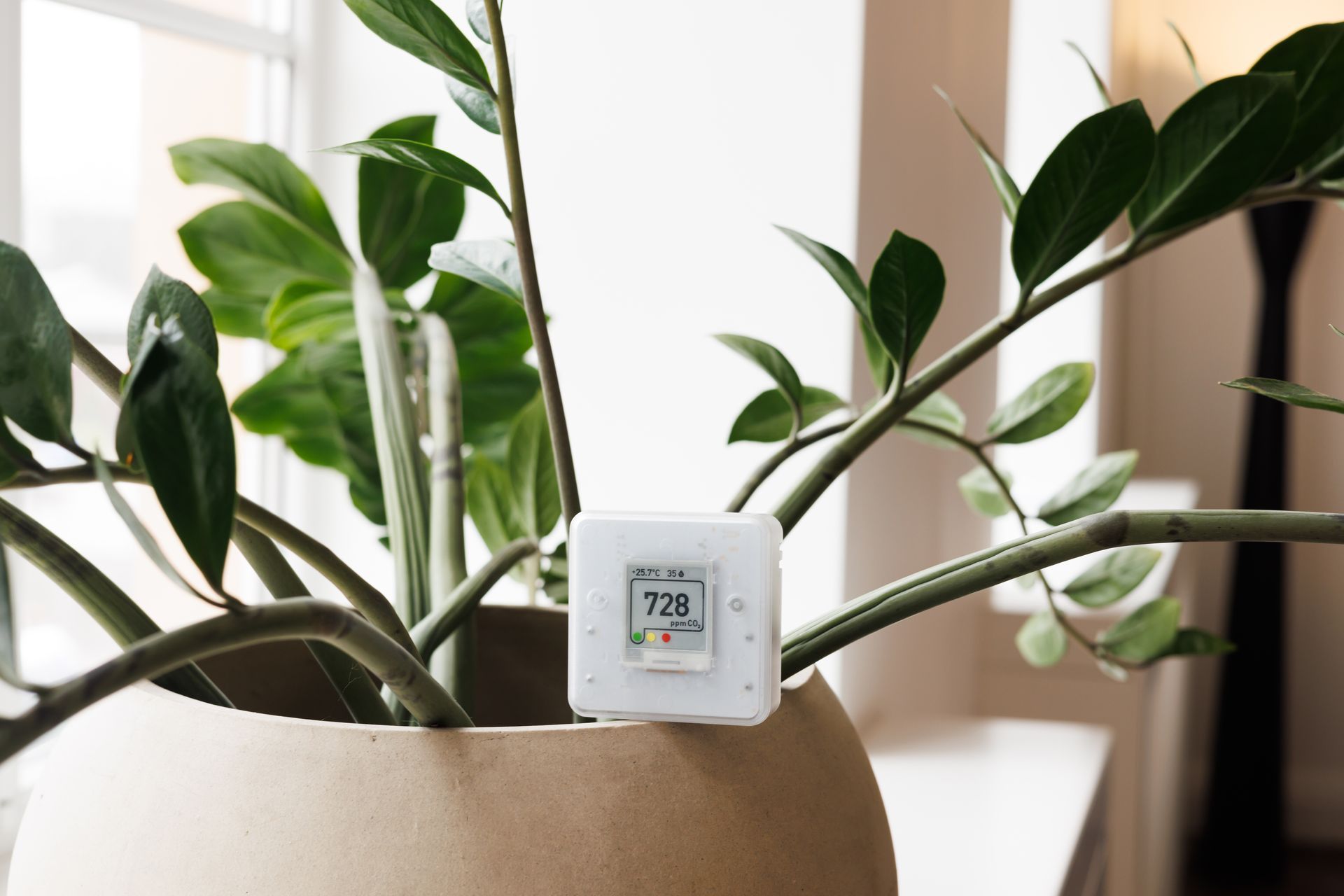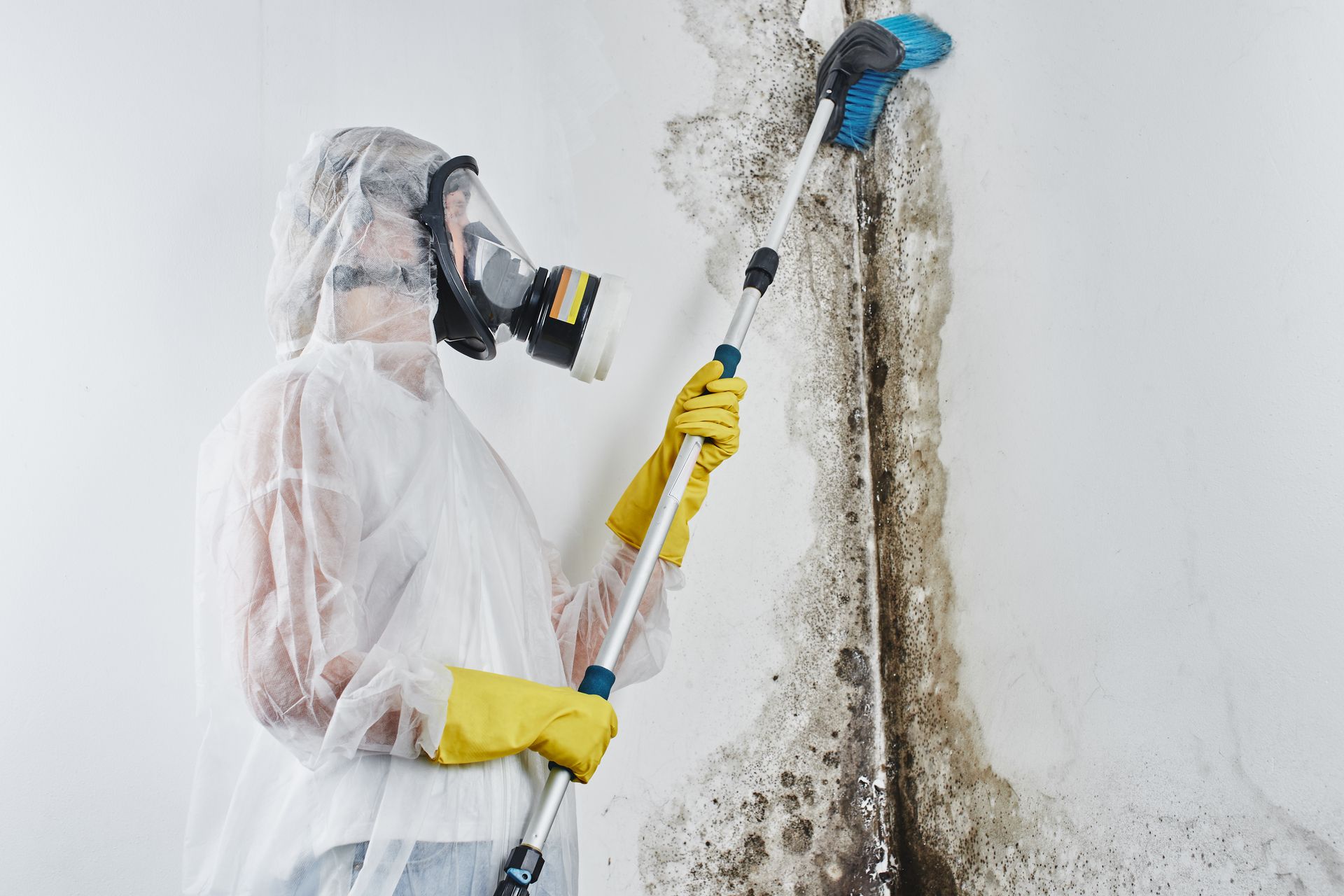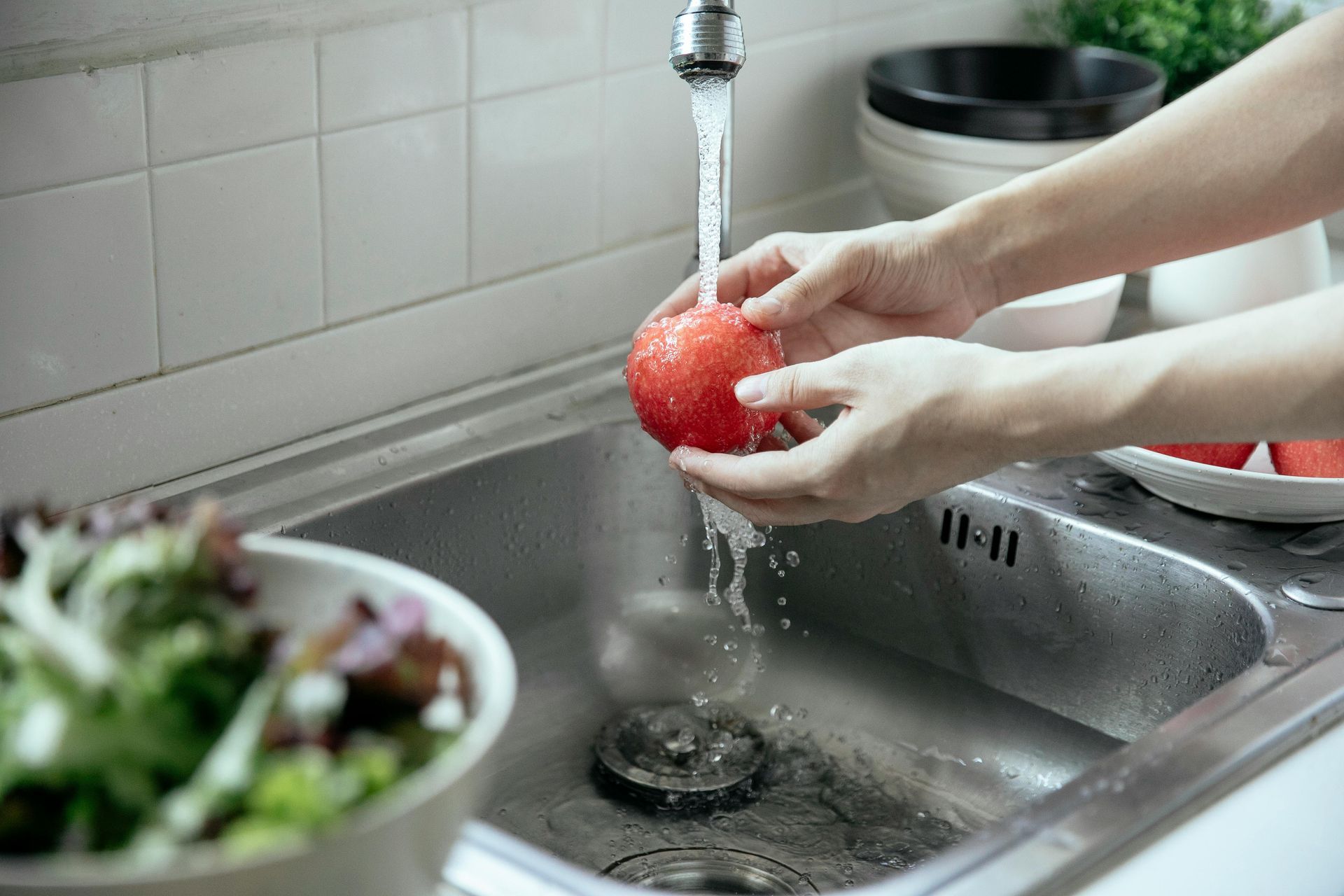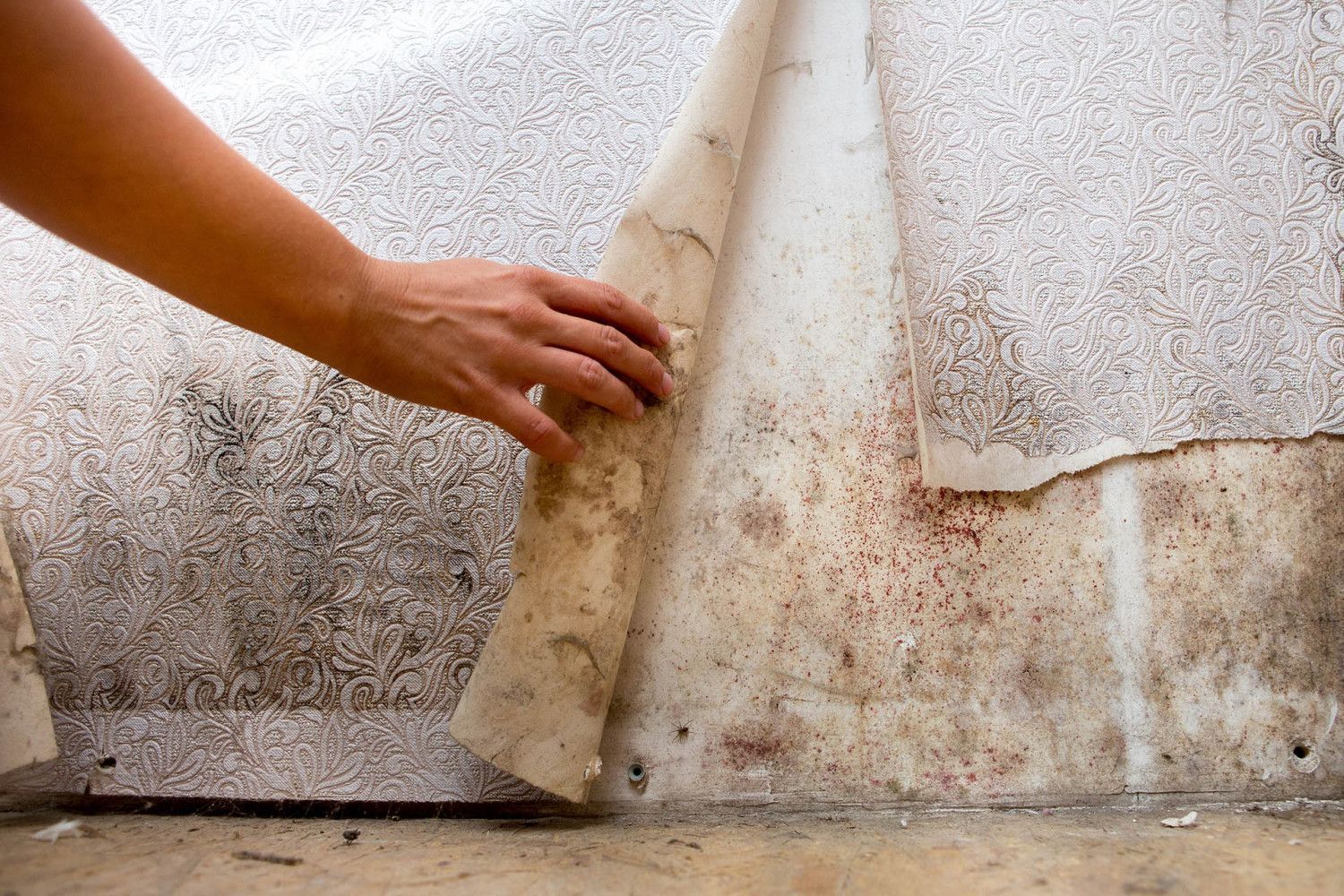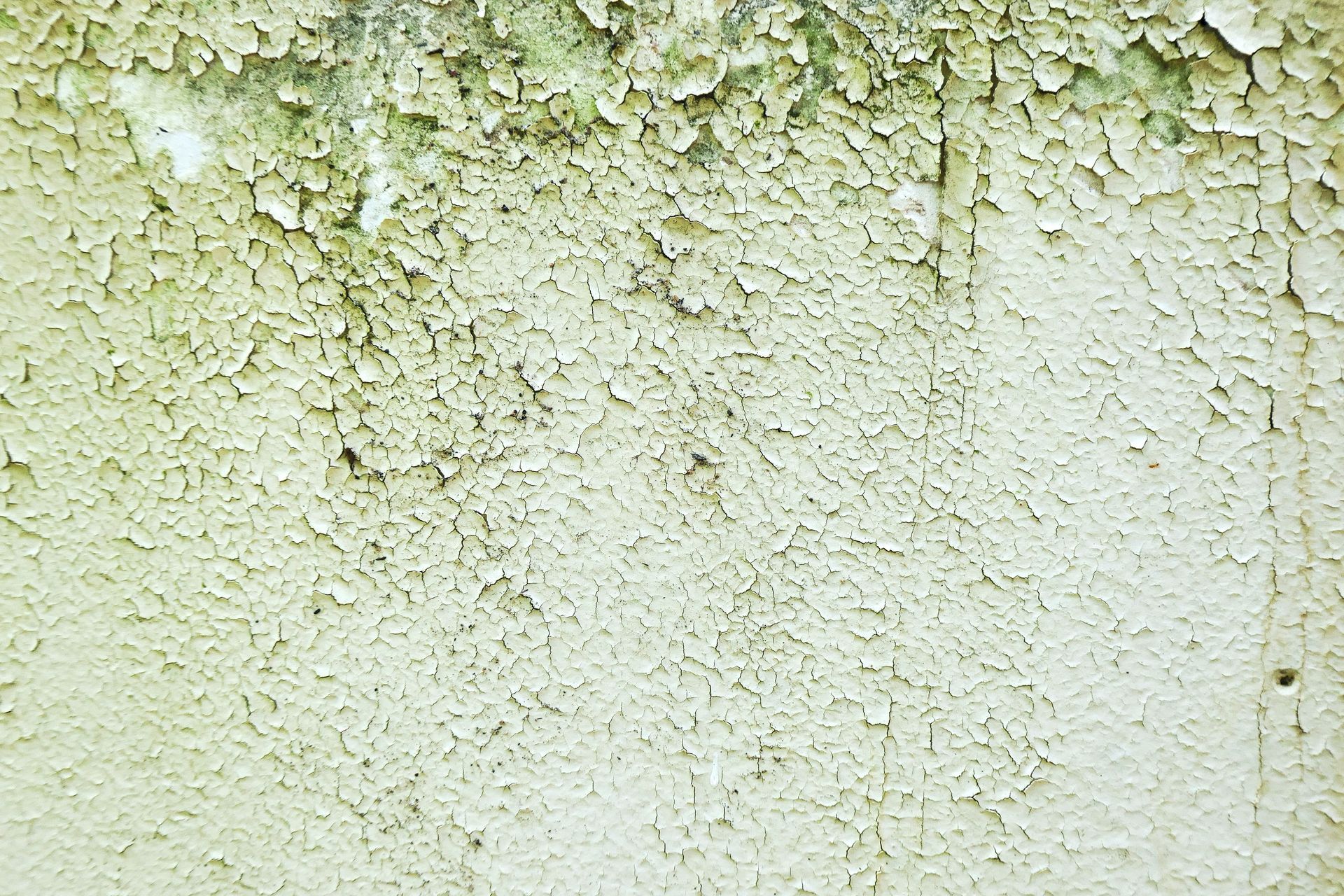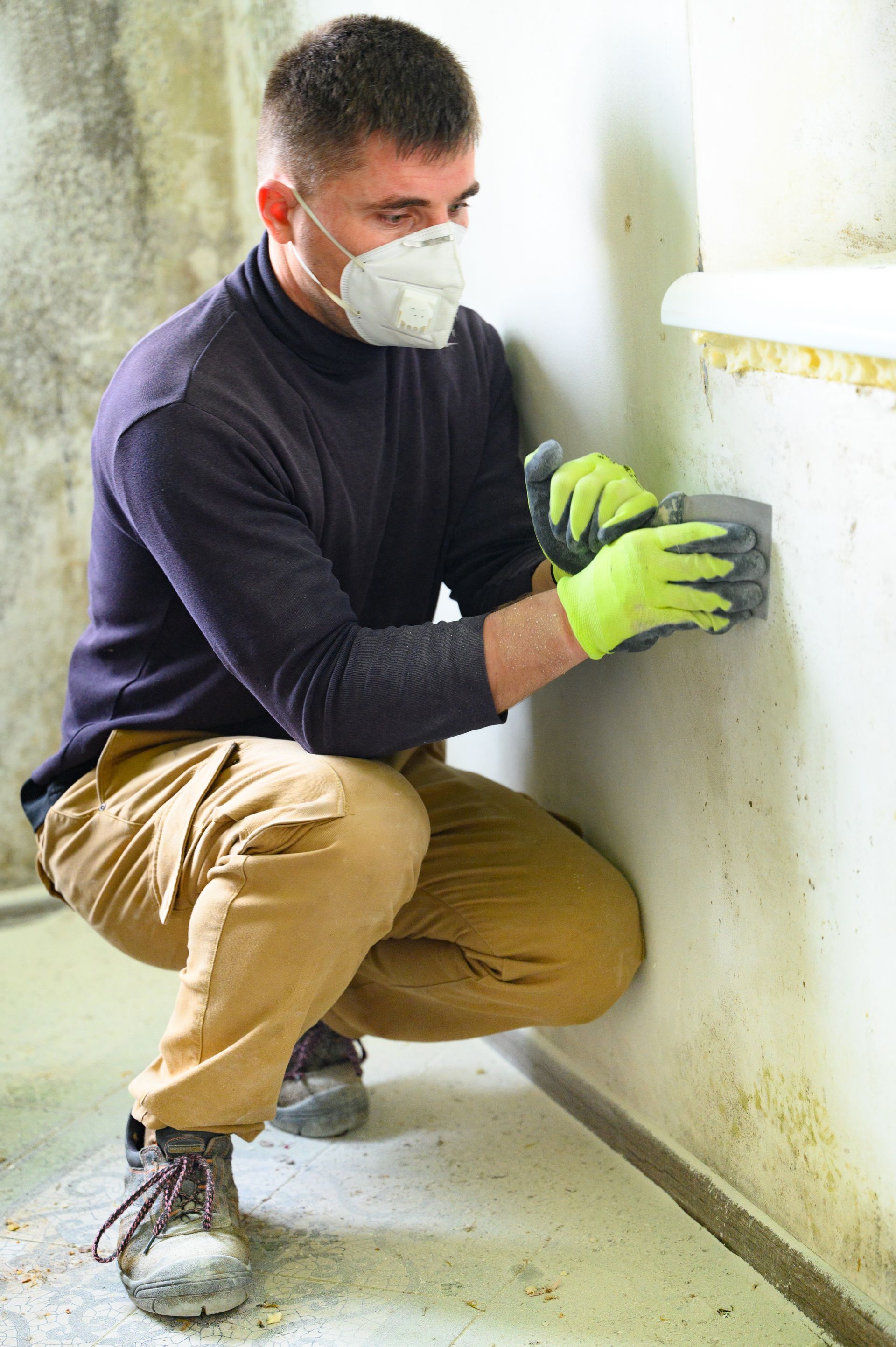J&S Air Quality Experts
The Impact of Indoor Air Quality on Health: Breathe Easy in Your Palm Bay Home
At J&S Air Quality Experts, we're passionate about ensuring the air you breathe in Palm Bay, FL is healthy and refreshing. While outdoor air pollution is a major concern, the quality of the air inside your home can be even more impactful on your health and well-being.
This blog post dives deep into the link between indoor air quality and health, empowering you to create a healthier living environment for yourself and your loved ones.
Invisible Threats: Common Indoor Air Pollutants
Many everyday products and activities contribute to indoor air pollution. Here are some of the most frequent causes:
- Volatile Organic Compounds (VOCs): Found in paints, cleaning products, furniture, and air fresheners, VOCs can irritate eyes, nose, and throat, and contribute to headaches and nausea.
- Biological Contaminants: Mold, mildew, and dust mites thrive in humid environments. They can trigger allergies and asthma symptoms, causing respiratory problems.
- Secondhand Smoke: Even if smoking doesn't occur indoors, residual smoke particles can linger and irritate airways.
- Particulate Matter (PM): Dust, pet dander, and combustion particles from cooking or fireplaces can exacerbate respiratory issues.
- Carbon Monoxide (CO): This odorless gas can leak from faulty appliances and fireplaces, causing dizziness, headaches, and fatigue.
Health Concerns Linked to Poor Indoor Air Quality
Exposure to indoor air pollutants can cause a variety of health problems, ranging from mild discomfort to severe illnesses. Here's a closer look:
- Respiratory Issues: Asthma attacks, allergies, and chronic obstructive pulmonary disease (COPD) can be triggered or worsened by poor indoor air quality. Those already struggling with respiratory problems are at a higher risk.
- Headaches and Fatigue: Exposure to VOCs and other pollutants can lead to headaches, dizziness, and difficulty concentrating. You might experience these symptoms more frequently at home compared to work or other environments.
- Skin Irritation: Dryness, itching, and eczema can be exacerbated by poor indoor air quality. Pollutants can irritate the skin's natural barrier, leading to flare-ups of these conditions.
- Long-Term Health Risks: Chronic exposure to some pollutants, such as certain VOCs and radon, has been linked to an increased risk of cancer and heart disease.
Creating a Healthy Indoor Environment
The good news is that there are effective ways to improve your home's indoor air quality:
- Increase Ventilation: Open windows regularly and run exhaust fans in kitchens and bathrooms to remove pollutants. Proper ventilation is crucial for diluting indoor air contaminants and bringing in fresh outdoor air.
- Reduce Sources of VOCs: Choose low-VOC paints, cleaning products, and furniture. Look for certifications like Green Seal or UL GreenGuard to identify low-emitting products.
- Control Humidity: Maintain a humidity level between 30% and 50% to prevent mold and mildew growth. Invest in a hygrometer to monitor humidity levels and consider using a dehumidifier if necessary.
- Invest in Air Purification: Consider HEPA air purifiers to capture airborne particles and allergens. HEPA filters are particularly effective at removing fine particles that can irritate the respiratory system.
- Schedule Regular Air Duct Cleaning: Dirty air ducts can harbor pollutants and spread them throughout your home. J&S Air Quality Experts offers professional air duct cleaning services – call us at (321) 557-3163 to schedule an appointment. We use advanced cleaning techniques to remove dust, debris, and allergens from your air duct system.
- Change Air Filters Regularly: Replace furnace and air conditioner filters as recommended by the manufacturer to maintain optimal filtration efficiency. Clogged air filters restrict airflow and reduce the effectiveness of your HVAC system in removing pollutants.
When to Call an Air Quality Expert
Here are some signs that your home might have poor indoor air quality:
- You or your family members experience frequent headaches, respiratory problems, or skin irritation, especially if these symptoms improve when you leave the house.
- You notice a musty odor or visible mold growth. Mold can release spores that irritate the respiratory system and worsen allergies.
- You've recently renovated your home or installed new furniture. New building materials and furnishings often off-gas VOCs, which can temporarily worsen indoor air quality.
- Your home has poor ventilation due to a lack of windows or an inadequate ventilation system. Homes with tight building envelopes and limited airflow are more prone to indoor air quality problems.
Don’t Hesitate to Contact Experts! Call J&S Air Quality Experts!
If you suspect poor indoor air quality in your Palm Bay home, don't hesitate to call J&S Air Quality Experts. Our team of qualified professionals can assess your indoor air quality through testing and inspections. We use state-of-the-art equipment to identify potential problems and pinpoint the sources of pollutants.
Other than
air quality testing, we also offer
mold assessment,
fire and smoke testing, and
bacteria and water testing. J&S Air Quality Experts are here to help you breathe easy and live healthier in your Palm Bay home. Contact us today at
(321) 557-3163 to discuss your indoor air quality needs!
FAQs
What is the recommended cleaning schedule for air ducts?
The recommended frequency of air duct cleaning depends on several factors, such as the presence of pets, allergies in your household, and the overall condition of your HVAC system. A general guideline is to have your air ducts cleaned every 3-5 years. However, if you notice signs of poor indoor air quality, more frequent cleaning might be necessary.
Are air purifiers effective?
HEPA air purifiers are highly effective at removing airborne particles and allergens from your home. They can significantly improve indoor air quality for people with allergies and respiratory problems. However, air purifiers alone might not address all sources of indoor air pollution. A combination of strategies, including ventilation improvement and source reduction, is often recommended for optimal results.
What are some natural ways to improve indoor air quality?
Here are some natural ways to improve indoor air quality:
- Keep houseplants: Certain plants like snake plants and spider plants can help remove VOCs from the air.
- Frequently vacuum your carpets and rugs.
- Use doormats to trap dirt and debris before they enter your home.
- Avoid smoking indoors and don't allow secondhand smoke to enter your home.
What are the health benefits of good indoor air quality?
Good indoor air quality can lead to numerous health benefits, including:
- Reduced respiratory problems like allergies and asthma attacks.
- Improved sleep quality.
- Enhanced concentration and focus.
- Reduced headaches and fatigue.
Should I be worried about outdoor air pollution affecting my indoor air quality?
Yes, outdoor air pollution can infiltrate your home through cracks, windows, and doors. However, maintaining good ventilation and using air filters can help mitigate the impact of outdoor pollutants on your indoor air quality.

